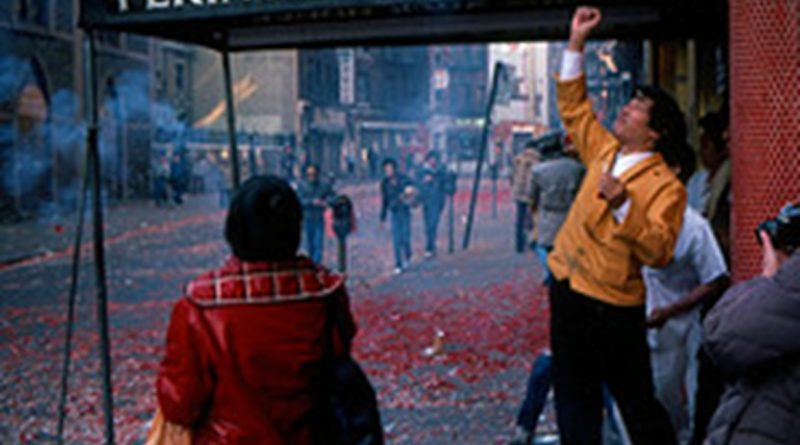
The Chinese Empire – Ep2: The Century of Humiliation
The 19th and early 20th centuries saw the decline of China. The Opium Wars, Taiping and Boxer Rebellions led to western domination and many Chinese leaving the country. The last imperial dynasty, the Qing expanded the empire to its greatest extent, presided over the Chinese Enlightenment and left behind iconic sites such as the Forbidden City and the Temple of Heaven .But with its collapse and the removal of its last child Emperor, China turned West. How did these momentous events impact on China today?
China is one of the oldest civilisations on earth and one of unparalleled continuity. Confucian values still underpin much of society despite the Communist Revolution of the middle of last century which signalled such a dramatic break from it’s past.
Throughout its history China has always revered “The Leader “ and remained fiercely proud and protective of culture and country. Chairman Mao compared himself to China’s first Emperor and now its current leader, President Xi, is determined to re-establish China’s role and reputation as a global superpower.
This three part Empire Builders miniseries explores the culture and values that has made China such a resilient civilisation and how these have impacted on modern China today
Leading Chinese and western contributors argue that China’s strength and difference has often been forged by meritocracy ,authoritarian leadership , ingenuity and sheer hard work – qualities that have contributed in the outside world to both enlightened feelings of awe and wonderment and age old fears and prejudices.
While ancient China was often ignored and seen as a benign presence in the wider world, the achievements of a now modern Chinese Communist super state have thrust arguments about its motives, role and power centre stage in what many are calling The Chinese Century.
